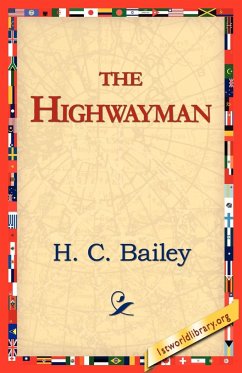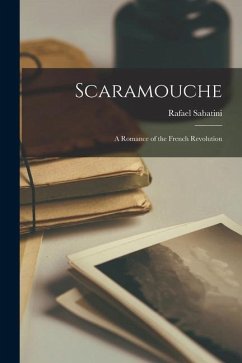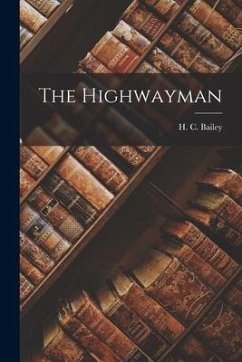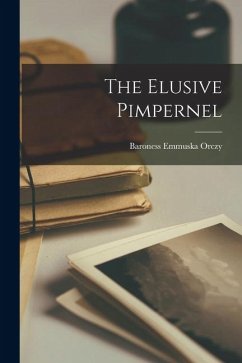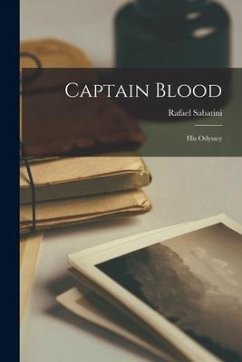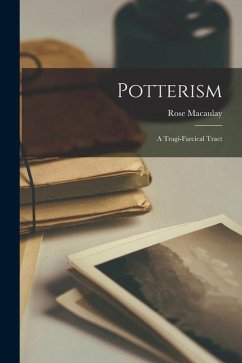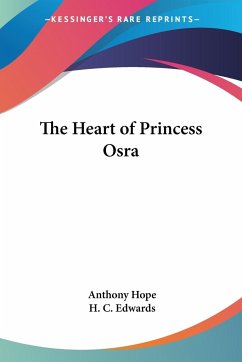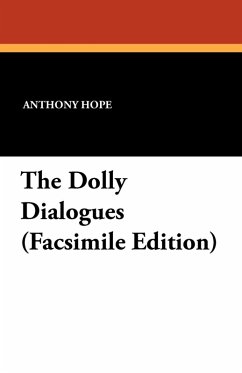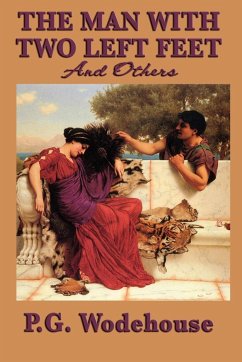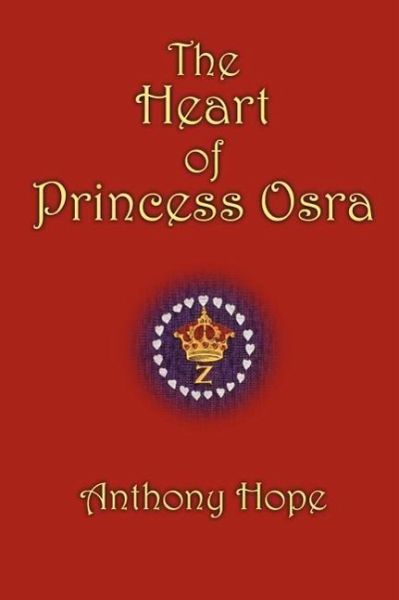
The Heart of Princess Osra
Versandkostenfrei!
Versandfertig in über 4 Wochen
18,99 €
inkl. MwSt.
Weitere Ausgaben:

PAYBACK Punkte
9 °P sammeln!
"Anthony Hope was born Feb. 9, 1863, in London. His father was the headmaster of the St. Johns Foundation School for the Sons of Poor Clergy. He was educated at Marlborough School and Baliol College, Oxford, obtaining an M.A. with honors in 1885. He studied to become a lawyer, and was admitted to the bar in 1887. He set up his own practice, but clients were few and far between, and he spent the periods in between cases by writing novels. When he couldn't find a publisher for his first novel, he published it himself. The novel became a hit, coincidentally at the same time his law practice began...
"Anthony Hope was born Feb. 9, 1863, in London. His father was the headmaster of the St. Johns Foundation School for the Sons of Poor Clergy. He was educated at Marlborough School and Baliol College, Oxford, obtaining an M.A. with honors in 1885. He studied to become a lawyer, and was admitted to the bar in 1887. He set up his own practice, but clients were few and far between, and he spent the periods in between cases by writing novels. When he couldn't find a publisher for his first novel, he published it himself. The novel became a hit, coincidentally at the same time his law practice began to take off. When it got to the point where he had to choose between his law practice and writing, he chose writing.He published two successful novels in 1894--""The Dolly Dialogues"", which was fairly successful but is little remembered today, and the now-classic ""The Prisoner of Zenda"". ""Zenda"" is generally credited as the first--and the best--of what came to be known as ""Ruritanian"" novels, stories set in a small fictional European principality involving intrigue, double-crossing, power grabs and forbidden romance at the royal court (Richard Harding Davis, among others, took up that particular genre with his ""Graustark"" series), and ""Zenda"" has been made into film and television productions at least ten times. In 1898 Hope wrote a sequel of sorts, ""Rupert of Hentzau"", using the villainous character of ""Zenda""."






